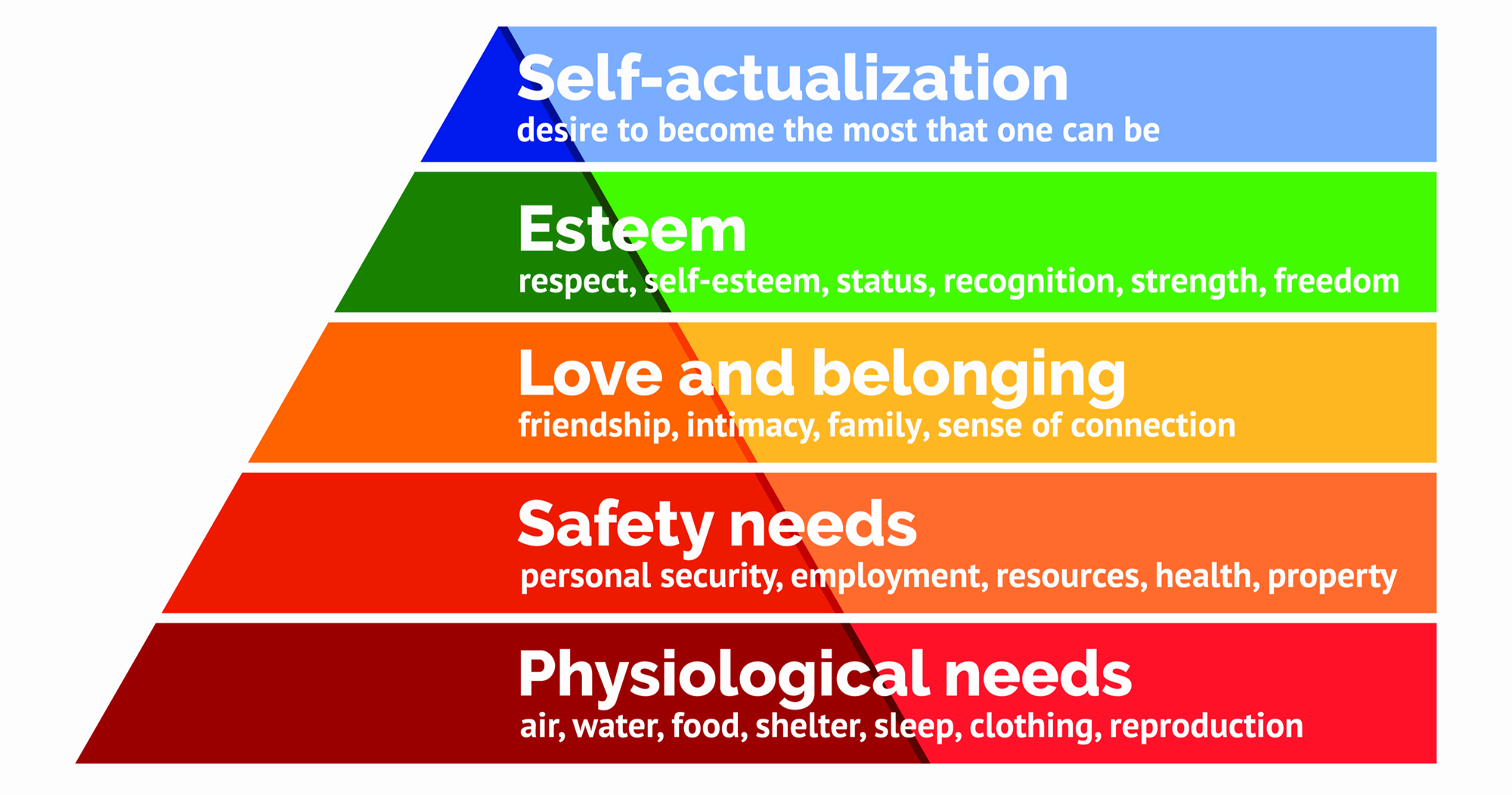Introduction
Learn about Theory X and Theory Y, Maslow’s Hierarchy of Needs and Herzberg’s Hygiene Factors in Chapter 2 Work and Motivation from Business Course by English Plus Podcast.
As well as setting and communicating objectives, developing strategies and allocating resources, manager have to motivate the staff who report to them. These will often include people with interesting, responsible and fulfilling jobs, as well as others with less interesting and highly repetitive tasks.
In this chapter, we will talk about different factors that might motivate workers in both types of job, and about whether it can be argued that people in general like or dislike working.
There will be reading, discussion questions, writing assignments and activities in which we will discuss and understand better some of the most important theories in this topic. We will talk about Douglas McGregor’s Theory X and Theory Y, Maslow’s Hierarchy of Needs and Herzberg’s Hygiene Factors and Motivators.
Audio Podcast
Discussion Time
Job Motivators
[cma-questions cat=”ep607_1″]
Attitudes to Work
Which of the following statements do you agree with and why?
[cma-questions cat=”ep607_2″]
Reading: Theory X and Theory Y
In The Human side of Enterprise, Douglas McGregor outlined two opposing theories of work and motivation. What he calls Theory X is the rather pessimistic approach to workers and working which assumes that people are lazy and will avoid work and responsibility if they can. Consequently, workers have to be closely supervised and controlled, and told what to do. They have to be both threatened, for example with losing their job, and rewarded with incentives, probably monetary ones such as a pay rise or bonuses. Theory X assumes that most people are incapable of taking responsibility for themselves and have to be looked after. It has traditionally been applied, for example, by managers of factory workers in large-scale manufacturing.
Theory Y, on the contrary, assumes that most people have a psychological need for work, and given the right conditions — job security, financial rewards — they will be creative, ambitious and self-motivated by the satisfaction of doing a good job. Theory Y is probably more applicable to skilled professionals and what Peter Drucker called ‘knowledge workers’ — managers, specialists, engineers programmers, scientists — than people in unskilled jobs.
McGregor’s two theories are based on Abraham Maslow’s famous ‘hierarchy of needs’. Theory X relates to the basic, ‘lower order’ needs at the bottom of the hierarchy, such as financial security, while Theory Y relates to ‘higher order’ needs such as esteem (achievement, status and responsibility) and self-actualization (personal growth and fulfillment) that can be pursued if basic needs are satisfied.
McGregor is widely considered to have laid the foundations for the modern people-centered view of management. However, Maslow spent a year studying a Californian company that used Theory Y, and concluded that there are many people who are not looking for responsibility and achievement at work. There will always be people with little self-discipline, who need security and certainty and protection against the burden of responsibility, so it is impossible to simply replace the ‘authoritarian’ Theory X with the ‘progressive’ Theory Y.
Check your Understanding of Theory X and Theory Y
Maslow’s Hierarchy of Needs

Comprehension
Theory Z
There is also a Theory Z, which was proposed by another American management theorist, William Ouchi, in 1981, based on the dominant Japanese management style at the time. Japanese companies often guaranteed long-term (even lifelong) employment, and were concerned with the employees’ well-being; in return, workers could be expected to be loyal to the company, and to participate fully in decision making.
Working relationships tended to be cooperative, with managers able to have a lot of trust in their staff, who were offered continuous training, and so became generalists rather than specialists. Ouchi argued that Theory Z management led to stable employment, high productivity, and high staff morale and satisfaction. Given that American companies do not usually guarantee long-term employment, however, Theory Z has had a limited impact in the US.
Writing Assignment
Reading: ‘Satisfiers’ and ‘Motivators’
Another well-known theorist of the psychology of work, Frederick Herzberg, has argued that good working conditions are not sufficient to motivate people.
It is logical to suppose that things like good labor relations, good working conditions, job security, good wages, and benefits such as sick pay, paid holidays and a pension are incentives that motivate workers. But in The Motivation to work, Frederick Herzberg, argued that such conditions — or ‘hygiene factors’ — do not in fact motivate workers. They are merely ‘satisfiers’ — or, more importantly. ‘dissatisfiers’ where they do not exist. Workers who have them take them for granted. As Herzberg put it, “A reward once given becomes a right.’ ‘Motivators’, on the contrary, include things such as having a challenging and interesting job, recognition and responsibility, promotion and so on. Unless people are motivated, and want to do a good job, they will not perform well.
However, there are and always will be plenty of boring, repetitive and mechanical jobs, and lots of unskilled workers who have to do them. How can mangers motivate people in such jobs? One solution is to give them some responsibilities, not as individuals bu as part of a team. For example, some supermarkets combine office staff, the people who fill the shelves, and the people who work on the checkout tills into a team and let them decide what product lines to stock, how to display them, and so on. Other employers encourage job rotation, as doing four different repetitive jobs a day is better than doing only one. Many people now talk about the importance of a company’s shared valued or corporate culture, with which all the staff can identify: for example being the best hotel chain, or hamburger restaurant chain, or airline, or making the best, safest, most user-friendly, most ecological or most reliable products in a particular field.
Unfortunately, not all the competing companies in an industry can seriously claim to be the best.
Comprehension
Vocabulary
Discussion
[cma-questions cat=”ep607_3″]
Listening Practice
Listening 1
Listen to three MBA students at the Judge Business school talking about motivation, and answer the following questions.
Discussion
[cma-questions cat=”ep607_4″]
Listening 2
Listen to Janine George, another MBA student at Cambridge, talking about motivation, and answer the following questions.
Case Study
The case study will be added soon. Please check back later. Thank You!
Danny











0 Comments